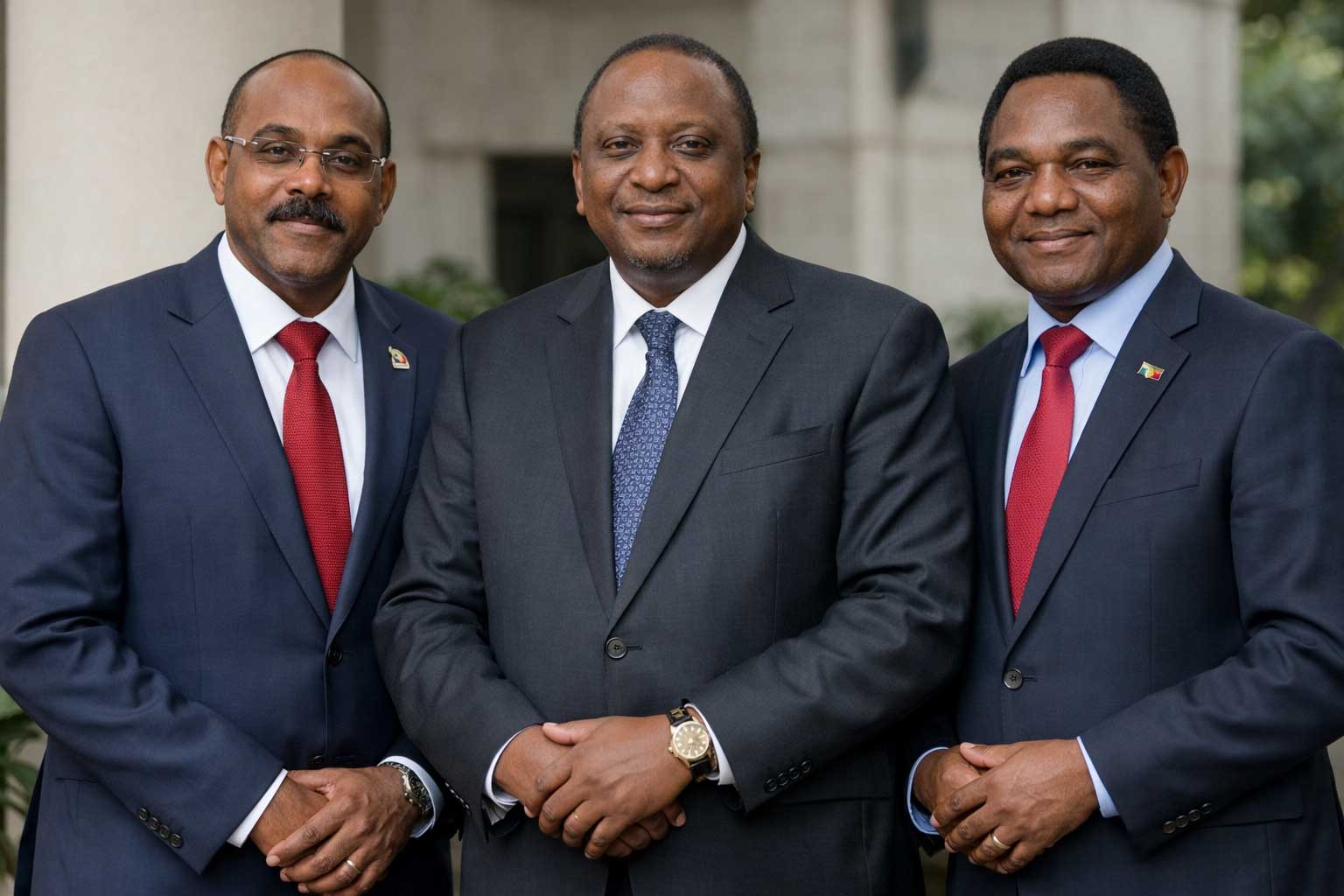Kenyan President William Ruto has unveiled plans to construct a grand church at his official residence in Nairobi, promising to finance the $9 million project from his personal funds. Emphasizing his position, Ruto stated, “I am not going to ask anyone for an apology for building a church,” dismissing any backlash as inconsequential to his agenda. His comments have triggered disapproval among Kenyans who assert that the church's construction signifies an inappropriate fusion of state affairs and religious institutions.
A recent architectural design published by the Daily Nation illustrates a vast structure boasting stained glass and seating for 8,000, raising concerns about its alignment with Kenya’s secular constitution. Critics point to the high cost of the project amidst rising living expenses, questioning the ethicality of erecting such a facility on government premises.
The Atheists Society of Kenya has threatened legal action to halt the church's construction, labeling it a "promotion of Christian nationalism" and stressing that the country serves all faiths, not just Christians. Ruto, referred to as "deputy Jesus" for his evangelical image, has consistently reflected his religious beliefs in office, despite some citizens feeling alienated by his approach.
Historically, Ruto has previously constructed a church at his prior residence, aimed at fostering interfaith dialogue. With approximately 85% of the population identifying as Christian and an 11% Muslim demographic, the church's prominent location raises further concerns among religious leaders. Nairobi’s Catholic Archbishop, Philip Anyolo, urged caution over the project, stressing the need for clarity in its purpose to avoid favoritism toward specific Christian denominations.
















